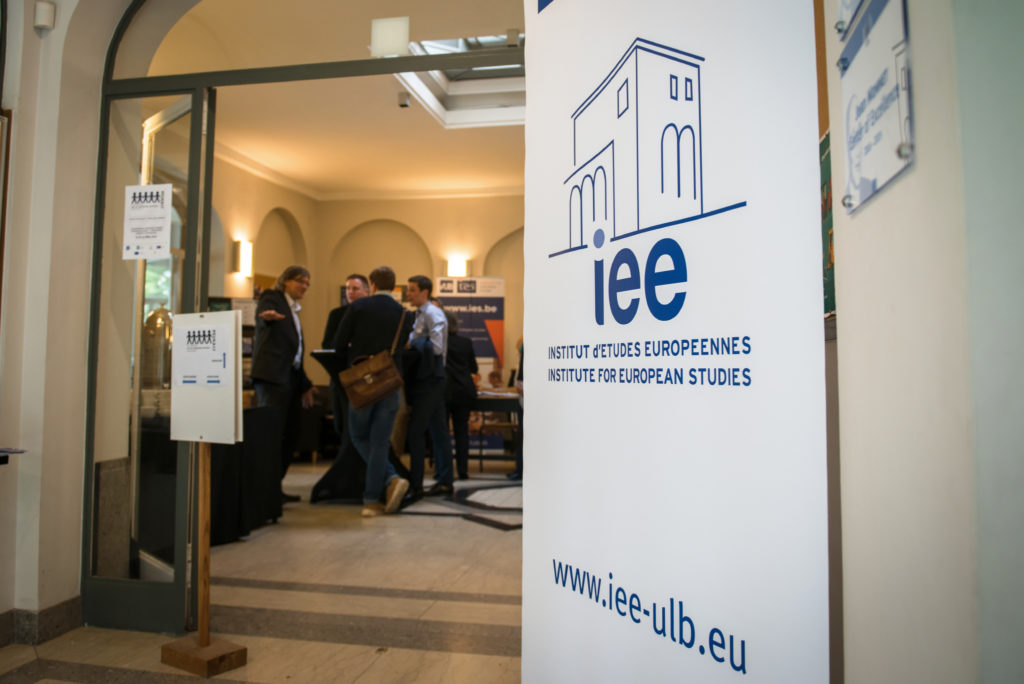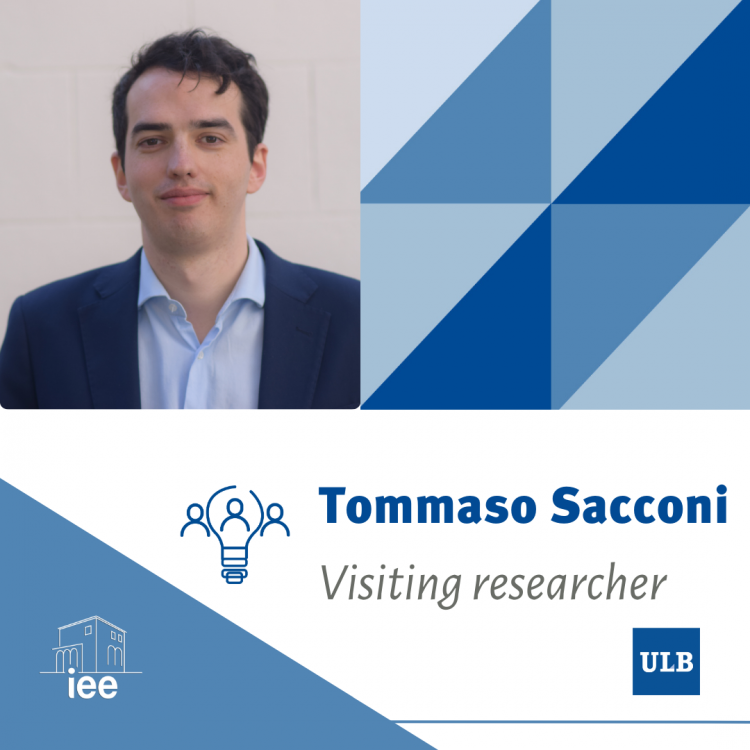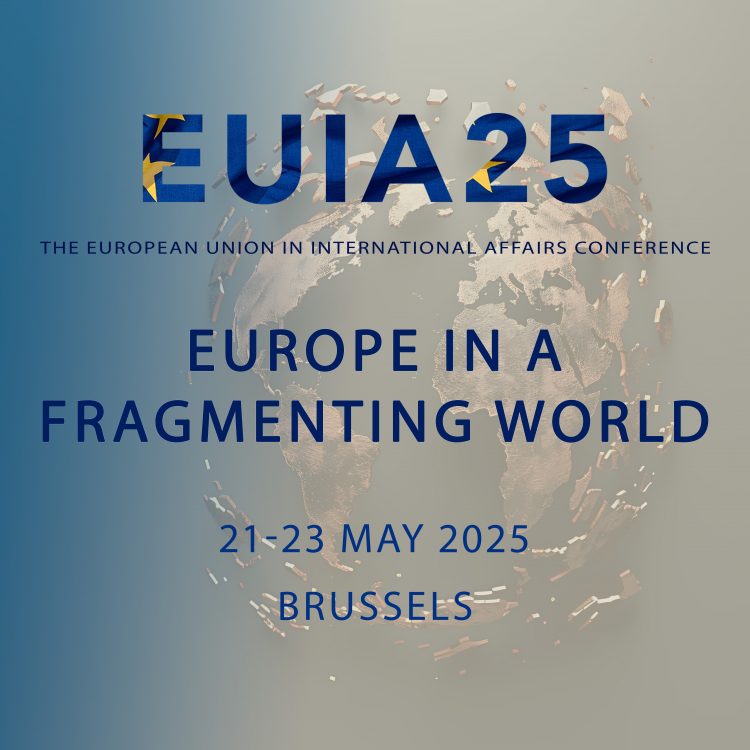The politicisation of fiscal discipline and the oversight of national
budgets in the European Union
JOB VACANCY – Call for applications
1 post-doc position (full time)
(July 2020-July 2022)
The project is funded by an Incentive Grant for Scientific Research (MIS) from the FNRS (the Fund for Scientific Research in French-Speaking Belgium). The selected researcher will be part of a team supervised by Amandine Crespy and is expected to start on 1st July 2020 for a duration of two years.
Outline of the project
Alongside migration policy, the supervision of national budget making is the new hot potato of European Union (EU) politics, as epitomised by the recent tensions between the newly elected Legua-5 Star movement Italian government and the European Commission. Since 2011, the European Commission oversees national budgets before they are approved by national parliaments to ensure that national governments abide by the rules of EU fiscal discipline over deficit and debt. The functioning of this new governance framework has attracted much scholarly attention. Yet, with a few exceptions, there is very little research about the politicization of budget oversight at EU level. To fill in this gap, this project shall elucidate when and why conflict arises between the European Commission and national governments over the making of budgets. To do so, the research team will carry out a comparative, qualitative analysis of the interactions between the European Commission and the governments of four contrasted EU member states (Belgium, France, Italy and Portugal) which, at different points in time have been in breach of EU fiscal discipline rules.
Building on discourse analysis in a discursive institutionalist perspective, as well as comparative politics and EU studies, the objectives of the project are therefore a) to map and measure the level
of conflict over budget making in the EU and b) to analyse to what extent politicization is shaped by a new cleavage along a technocracy/populism axis (as opposed to a left-right axis).
Tasks and remuneration
The selected post-doctoral fellow will be a full member of the team and will be expected to work on the substantial content of the project (including the opportunity to single or co-author high level publications) as well as on coordination/organisation tasks. He/she will have to fulfil the requisite job requirements but will also have opportunities for self-development in order to prepare subsequent steps in a scientific career.
Remuneration takes the form of an FNRS salary starting from 4176,07 €/month (gross) (+seniority + extra vacation package).
Teaching is not part of the duty but opportunities may arise if desired.
Working environment
This project will be carried out at the CEVIPOL (Centre d’étude de la vie Politique) and IEE (Institut d’Etudes Européennes) at Université libre de Bruxelles. The CEVIPOL is a large, dynamic research centre (including 11 full-time professors and numerous doctoral and postdoctoral fellows) which researches comparative politics, political sociology and EU studies across four thematic clusters: parties, elections and representation; European integration; constructed communities and values in conflict; sports and politics; identities, memories and mobilisation.
The CEVIPOL has a dynamic programme of seminars and offers collective facilities and activities. It hosts a number of high level Belgian and international research projects and has an important output. Part of the CEVIPOL’s activities are conducted at the Institut d’Etudes Européennes (IEE), one of the oldest Jean Monnet Centres for Excellence in Europe. It is an interdisciplinary research centre which gathers researchers working on European matters across law, history, political science, international relations and sociology. The IEE has a strong record of international
research projects and networks (H2020, Erasmus Mundus, Jean Monnet) and a long tradition of organising the dialogue between the academia and practitioners of EU politics and policy
making.
Both the CEVIPOL and the IEE will provide a rich environment for the project to flourish and for the team to develop interactions with colleagues working in EU studies, comparative politics
and dissemination towards practitioners and the wider public. Both fellows will be provided with an office on ULB campus. The project will also cover costs related to training in methods, hardware and software, travels to conferences, books and articles, and proofreading.
Profile
- According to legal requirements, the successful candidate will hold a PhD degree for no longer than 5 years at the date of hiring (one additional year is granted per child – including adoption – after completion of the degree);
- Ph.D. in political science or a directly related field (international relations, sociology) ideally with a focus on themes relevant to the research project, namely EU politics, politics of EMU, politicisation in the context of the EU, discourse analysis. Knowledge of Italian and/or Portuguese politics are an important asset;
- Strong record in qualitative research and fieldwork. Quantitative skills are an extra asset;
- Excellent command of English (French, Italian or Portuguese is an asset);
- Experience with working in an international environment;
- Ability to work in a team, to meet deadlines and to combine autonomy with respect of guidelines.
How to apply
The successful candidates will be selected on the basis of the quality of their curriculum, motivation and congruence with the project.
The following application documents are to be consolidated into one single PDF file sent by email to Ana Noppen (anoppen@ulb.ac.be):
- A detailed motivation letter explaining the candidate’s general interest for the project;
- A curriculum vitae listing all academic qualifications, relevant research experience and previous publications;
- Name, affiliation, e-mail and phone number of two referees who can be contacted if necessary;
- A copy of the passport/ID, and relevant degrees
Applications are open until 30th March 2020.
Interviews will be face-to-face, taking place at ULB in Brussels, Belgium. Short-listed candidates will be informed mid-April and the final decision will be taken as soon as possible after the interviews. Short-listed candidates will be asked to make a brief presentation outlining their prospective contribution to the project.





